Research / Areas of ResearchComplex Systems and Data Science
As we end the first fifth of the 21st Century, human societies face global challenges of unimaginable scale. Global pandemics pose the risk of killing millions of people and paralyzing economies. Climate change threatens coastal cities, imperils food supply chains, and contributes to the extinction of numerous species around the globe. Unlike many problems facing engineers in the past, the solution to these challenges involves not only the development of new technologies but also an accounting for human decisions and behaviors. For example, while the consequences of climate change pose particular large costs for coastal cities such as Houston, TX, the economic implications for the area of a decline in the importance of fossil fuels would be staggering.
These complex challenges require not reductionist approaches, or optimal technical strategies, but the understanding of the numerous interlocked components and sub-systems that are part of or interact with human societies. Complexity science has for the last 40 year developed a set of approaches and techniques that allows for the exchange of knowledge among the disciplinary silos and for the manipulation of objects without predefined roles or interactions. These include nonlinear dynamics, fractal geometry, statistical physics, network science, and recently, data science.
Faculty
 |
Linda BroadbeltComplex kinetics modeling, biological reaction networks, in silico molecule discovery, novel pathway discovery. |
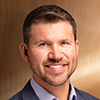 |
Joshua LeonardWe investigate emergent behavior in complex biological systems, including natural and therapeutically engineered immune functions. We also build synthetic biology technologies enabling the composition of complex biological circuits, networks, and systems. |
 |
Jeffrey LopezAutomated and high throughput experimentation for accelerated materials discovery and development, energy storage, electrochemical interfaces. |
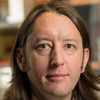 |
Julius LucksThe Lucks Lab develops and applies computational algorithms and approaches to study molecular folding dynamics of nucleic acids, the dynamics and design of genetic circuits and large scale next-generation sequencing datasets. |
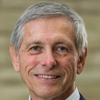 |
Richard LueptowThe Ottino/Lueptow lab combines modeling, simulation, and experiments to study mixing in granular materials and transport processes in polymeric materials. |
 |
Chad MirkinMirkin engineers functional and dynamic colloidal systems of immense complexity by cleverly tuning particle surface chemistry. |
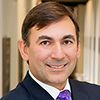 |
Milan MrksichThe Mrksich lab uses the tools of organic chemistry, materials science and biochemistry to address important challenges in and at the intersection of chemistry and biology. |
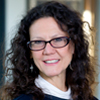 |
Monica Olvera de la CruzThe Olvera de la Cruz group develops models to study the self-assembly and structure of amphiphiles, copolymers, and synthetic and biological polyelectrolytes as well as segregation and interface adsorption in multicomponent complex fluids. |
 |
Julio OttinoThe Ottino/Lueptow lab combines modeling, simulation, and experiments to study mixing in granular materials and transport processes in polymeric materials. |
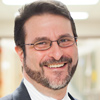 |
Aaron PackmanThe Packman group combines measurements and modeling to solve water challenges including urban flooding, water quality protection, ecosystem degradation & restoration, and waterborne disease transmission. |
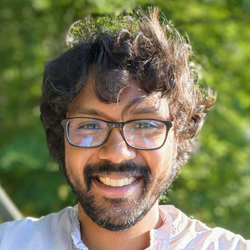 Headshot of Krishna Shrinivas |
Krishna Shrinivas
|
 |
Randall SnurrMachine learning, cheminformatics, high-throughput computational screening of materials. |
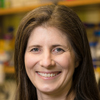 |
Danielle Tullman-ErcekWe use computational modeling and machine learning techniques to aid in our understanding of protein folding, protein self-assembly, and biological function. |
 |
Keith TyoPredicting enzyme behavior using cheminformatics and kinetic models to enable sustainable biosynthesis (in collab with Broadbelt). |





